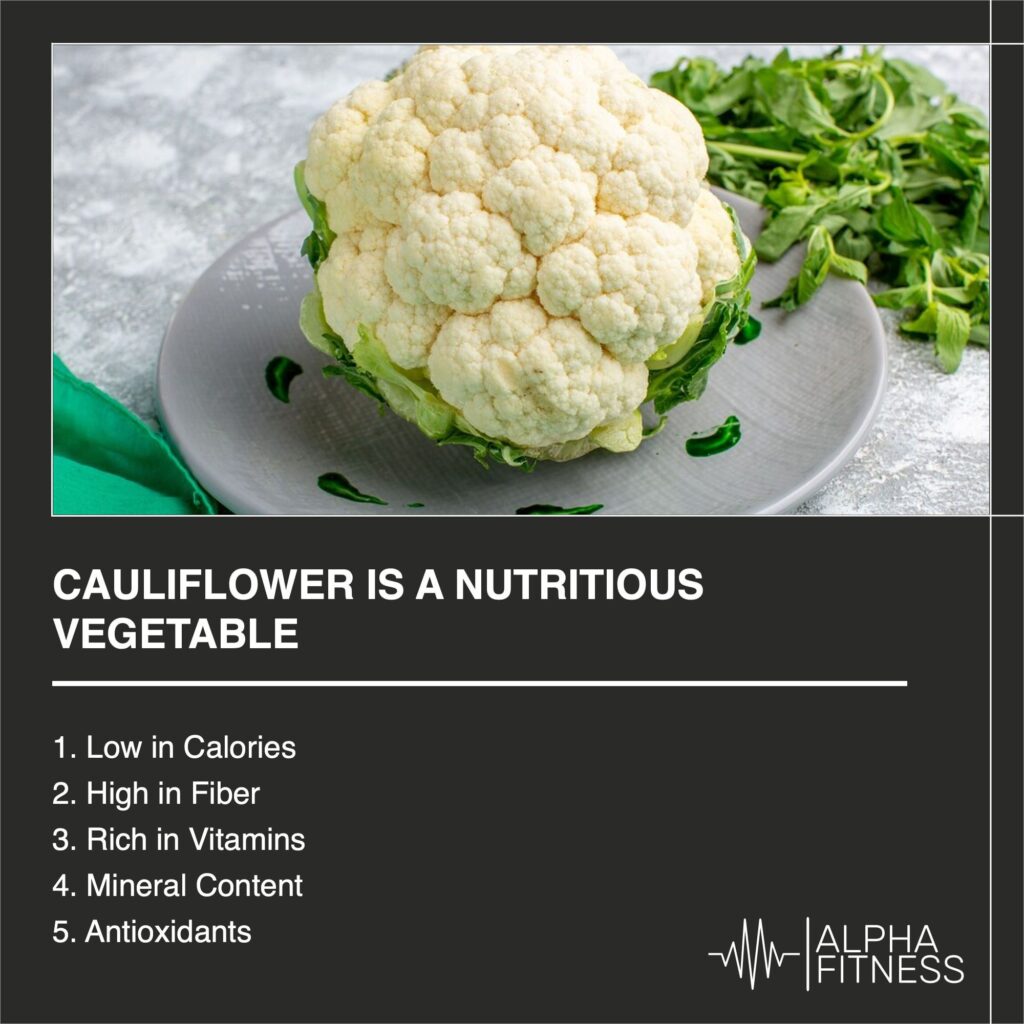
Below is a list of useful links:
- Benefits of Eating Yogurt
- Broccoli: Boost Your Energy Naturally!
- Watermelon is rich in a variety of vitamins
- Corn contains nutrients including fiber and vitamin C
- Here are some good Vitamin C diets.
Indeed, cauliflower is a nutritious vegetable that offers several health benefits. Here are some of the nutritional attributes of cauliflower:
Low in Calories: Cauliflower is a low-calorie vegetable, making it an excellent choice for those looking to manage their calorie intake.
High in Fiber: It’s a good source of dietary fiber, which can support digestive health and help you feel full, potentially aiding in weight management.
Rich in Vitamins: Cauliflower is a good source of several essential vitamins, including vitamin C, vitamin K, vitamin B6, and folate.
Mineral Content: It contains minerals such as potassium and manganese, which are important for various bodily functions.
Antioxidants: Cauliflower contains antioxidants, such as glucosinolates, which have been associated with various health benefits, including potential cancer-fighting properties.
Choline: It is a source of choline, which is essential for brain health and other bodily functions.
Phytonutrients: Cauliflower contains various phytonutrients, which are compounds found in plants that can have health-promoting properties.
Versatility: Cauliflower is a versatile vegetable that can be prepared in various ways, including steamed, roasted, mashed, or used as a low-carb alternative to rice or pizza crust.
Low in Carbohydrates: It is relatively low in carbohydrates, which can make it a suitable choice for people on low-carb or ketogenic diets.
Consuming a variety of vegetables, including cauliflower, as part of a balanced diet can contribute to overall health and well-being. However, it’s essential to complement cauliflower with other foods to ensure a diverse intake of nutrients.



